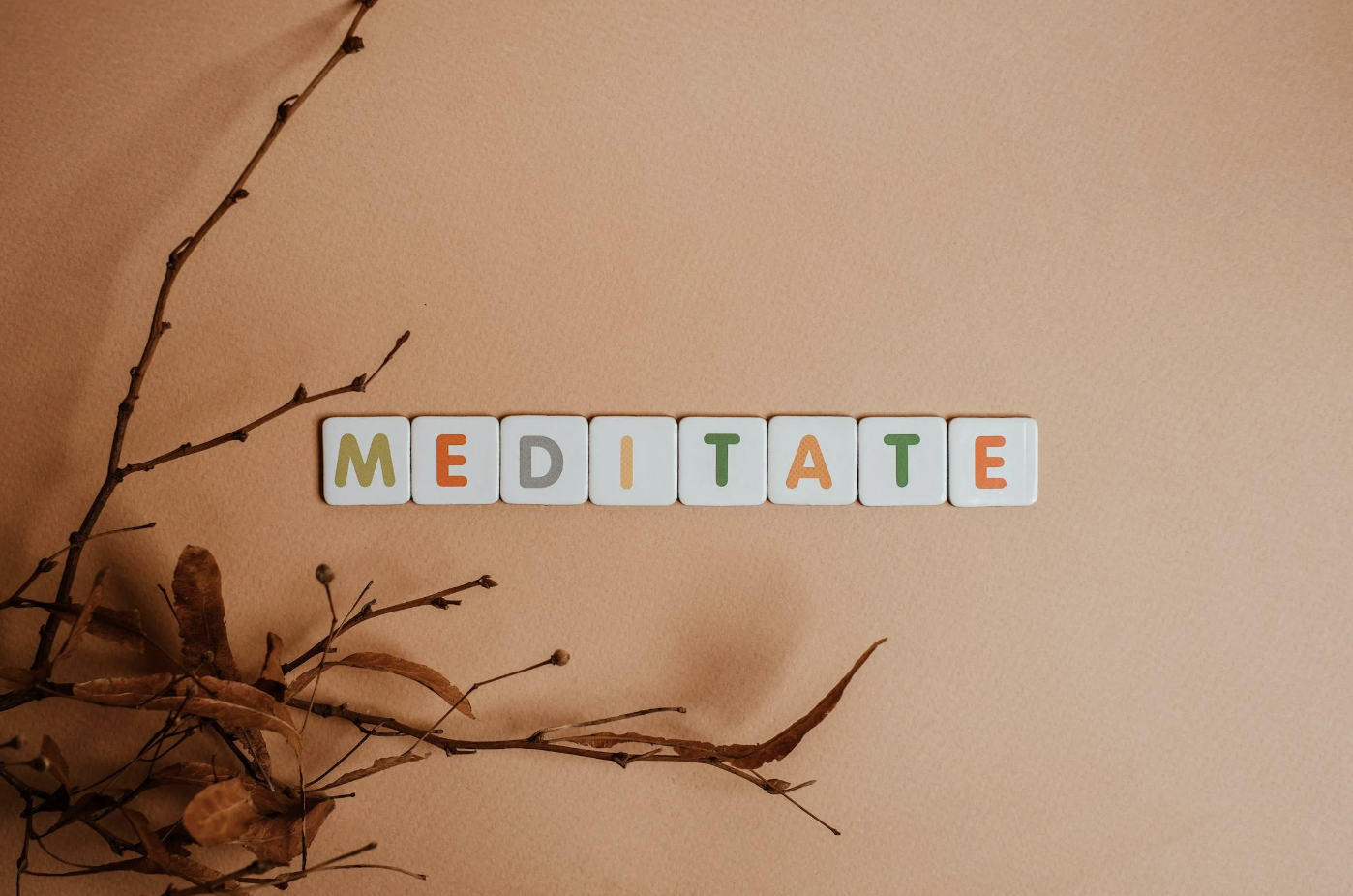Life can feel hectic and chaotic for many of us, so carving out moments for peace and tranquillity has become essential to sustain overall health and wellbeing.
More and more research is highlighting the profound impact of meditation on both mental and physical health. The practice has been shown to enhance cognitive functions, alleviate stress and burnout and improve memory, making it a valuable practice for fostering positive employee health and boosting workplace productivity.
In our fast-paced, always-on world, meditation can act as a haven of calm and clarity, helping employees reconnect with themselves and the present moment. Mindfulness is not about emptying the mind entirely, instead it is about observing thoughts without judgement and gaining a sense of presence.
Even brief meditation sessions can support positive employee mental health and wellbeing, and provide a means for employees to better navigate personal and professional challenges.
How can meditation impact the mind and body?
1/ Stress reduction
Meditation is renowned for its stress-relieving capabilities. By promoting relaxation and a sense of calm, it can help to alleviate the pressures of daily life, enabling us to tackle challenges with greater clarity and composure.
2/ Boosts emotional wellbeing
Consistent meditation practice has been associated with better emotional regulation and resilience. It creates a safe space to acknowledge and process emotions, fostering a deeper self-understanding and emotional intelligence.
3/ Enhances focus and concentration
In a distraction-filled world, meditation can be a powerful tool for improving focus and concentration. By training the mind to stay present, meditation can sharpen cognitive abilities and boost productivity in personal and professional life.
4/ Fosters mindfulness
Mindfulness, which is an integral part of meditation, involves being fully present and engaged in the moment. The practice of mindfulness can heighten awareness of our surroundings, thoughts, and sensations, which can lead to a greater appreciation for life’s simple pleasures.
5/ Improves sleep quality
Many people suffer from insomnia and disrupted sleep due to stress and racing thoughts. Meditation naturally alleviates these issues by calming the mind and promoting relaxation, paving the way for restful, rejuvenating sleep.
6/ Supports physical health
In addition to the mental and emotional benefits, meditation can positively impact physical health, too. Meditation practice can help to lower blood pressure, reduce inflammation, and strengthen the immune system, contributing to overall wellbeing and longevity.
7/ Enhances self-awareness
Through introspection and self-reflection, meditation can help us to better understand our inner workings. By tuning into our thoughts, beliefs, and behaviours, the practice can facilitate a journey of self-discovery and personal growth.
Four simple meditations your employees can try at work or at home
For many, the idea of meditating can seem a little far-fetched and overwhelming. A common misconception about meditation is that you have to invest hours into the practice to see any benefits – which is far from true.
Although consistency is important, even a few minutes of meditation each day can significantly impact one’s wellbeing, both personally and professionally.
If you’re seeking some guidance or a starting point, here’s a step-by-step guide to four simple meditations. You could encourage employees to try these on their own or gather a small group at work to practise together.
You could even try a short meditation at the start of a meeting.
Breath awareness meditation
- Find a comfortable seated position and close your eyes gently.
- Focus your attention on the natural rhythm of your breath as it enters and exits your body.
- Notice the sensations of each inhale and exhale, allowing your breath to anchor you to the present moment.
- Whenever your mind wanders, gently guide your focus back to the sensation of breathing.
Body scan meditation
- Lie down in a comfortable position, close your eyes, and bring your awareness to different parts of your body, starting from your toes and gradually moving upward to the crown of your head.
- Notice any sensations or tensions present in each area, and with each exhale, release any tension you may be holding onto.
- Allow yourself to sink deeper into relaxation with each breath.
Loving-kindness meditation
- Sit comfortably and bring to mind someone you care about deeply, whether it’s a friend, family member or even yourself.
- Silently repeat phrases of loving-kindness such as “May you be happy, may you be healthy, may you be safe, may you be at peace”.
- Extend the wishes to yourself and others, cultivating feelings of compassion and goodwill.
Walking meditation
- Take a leisurely stroll in a peaceful environment – you might choose a park, garden, or a quiet neighbourhood street.
- Pay attention to each step you take, feeling the connection between your feet and the ground beneath you.
- Notice the sights, sounds and sensations around you, allowing yourself to be fully present in the experience of walking.







